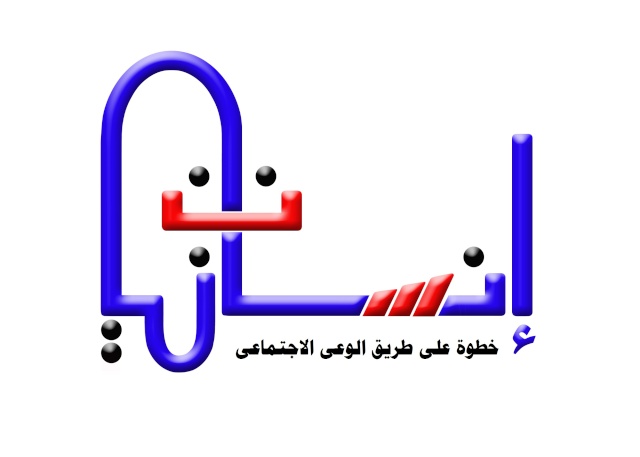د. فرغلى هارون
المدير العـام

 عدد الرسائل : 3278 عدد الرسائل : 3278
تاريخ التسجيل : 07/05/2008
 |  موضوع: The Function of Free Riders: Toward a Solution to the Problem of Collective Action, Ph.D موضوع: The Function of Free Riders: Toward a Solution to the Problem of Collective Action, Ph.D  12/11/2010, 3:16 pm 12/11/2010, 3:16 pm | |
|
The Function of Free RidersToward a Solution to the Problem of Collective Action
By Lewis, J. Scott
Doctor of Philosophy (Ph.D.), Bowling Green State University, Sociology, 2006.
0.63 MB PDF file
Abstract:
The problem of collective action is the problem of free riders. Current theory argues that free riders are detrimental to group solidarity, and predict that free riders will be punished into compliance with cooperative group norms. Observational evidence from a variety of disciplines does not coincide with those predictions, however. Recent studies show that in many cases, 20%-40% of individuals will free ride regardless of the frequency and severity of punishment.
This treatise seeksto explain the persistence of free riders by arguing that free riders perform latent functions in groups that actually maintain or increase group cohesion in naturally forming, long term groups. Analyzing theoretical work on the collective action problem from three disciplines – economics, evolutionary biology, and sociology – I show how drastically different approaches to the collective action problem converge on similar predictions about the nature and causes of free riding. I then show that these theoretical paradigms share a common origin from rational action models. I discuss why the current logic of rational action models are insufficient to offer a viable solution to the free rider problem. I then move beyond the traditional rational action approach by proposing an alternative kind of rationalisty which free riders pursue. Using game theory, I demonstrate the existence and utility of this new approach, and show how this alternative rationality contributes to a solution to the free rider problem by linking it to equilibrium theory.
Equilibrium theory offers a means by which rational action models and functionalist models may be tied together in order to approach a solution to the free rider problem. I argue that free riders may perform functions in a group that serve to increase or maintain the solidarity of the group by tending the group toward a state of allostatic equilibrium. I argue that free riders validate or increase the status of productive group members; reduce the probability of incurrence of risk for productive group members; and increase group interdependence by driving down the group's discount parameter. Through these functions, free riders may be seen as an adaptive mechanism by which a group might tend toward an equilibrium state in a dynamic environment.
أدع لنا بالخير وها هو الرابط
[ندعوك للتسجيل في المنتدى أو التعريف بنفسك لمعاينة هذا الرابط]
| |
|
